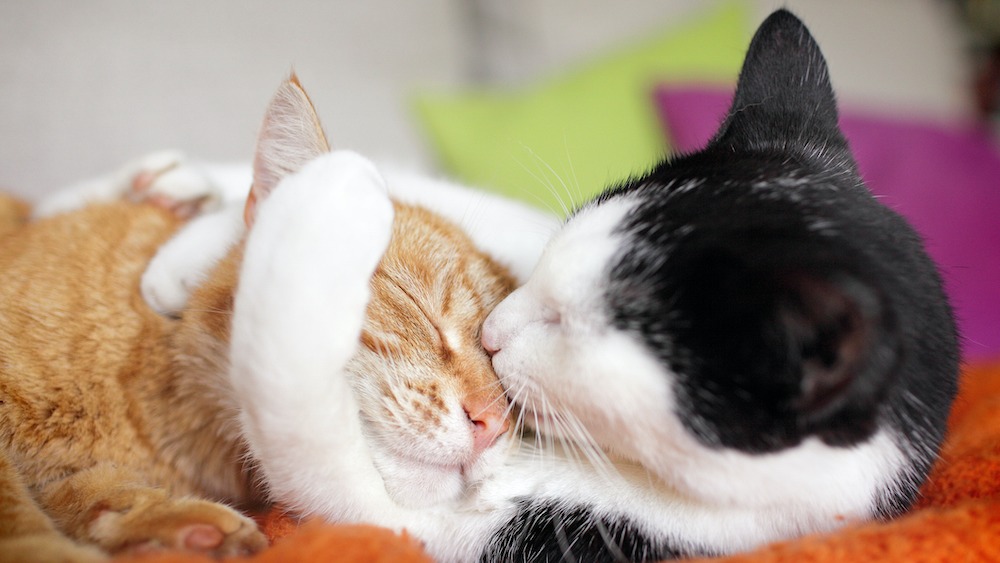
A one-time injection of an experimental gene therapy appears to be an effective form of birth control for felines and could help control cat overpopulation, a small study suggests.
There are roughly 600 million cats worldwide, with an estimated 80% being feral or strays, according to the World Animal Foundation, a nonprofit that promotes animal welfare.
The shot works by delivering a gene into a female cat's muscle cells, which triggers the production of a substance called anti-Müllerian hormone. This disrupts the development of egg follicles inside the feline's ovaries, preventing ovulation, the release of mature eggs that could be fertilized, according to a study published June 6 in the journal Nature Communications. Ovulation is also associated with mate-seeking behaviors in cats.
Currently, the most commonly used forms of birth control in cats are spaying, for females, or neutering, for males, both of which are invasive surgical procedures.
"Coming up with an alternative to surgery has been a goal for a lot of people for decades, and there just hasn't been anything else that's proven to be effective," study co-author William Swanson, director of animal research at the Cincinnati Zoo and Botanical Garden, told The New York Times.
Related: Cats can memorize their friends' names, study suggests
Although the study was small, including only six females that received the shot and three that didn't, the results showed promise. Four of the treated females didn't show interest in mating with the males. Meanwhile, the two that did mate repeatedly with the males didn't ovulate and, therefore, didn't get pregnant.
The single shot prevented pregnancy for up to two years, according to the study.
In addition to testing the gene therapy on adult cats, the researchers tested it on mice and found the treatment to be equally effective. Next, they plan to test the treatment on kittens, which reach sexual maturity at four months of age, and dogs, according to The New York Times.
However, the researchers cautioned that the injection is several years away from becoming available as a birth control treatment for cats. They're currently planning a larger study that could serve as the basis for them to apply for approval from the U.S. Food and Drug Administration, according to The New York Times.
The team is also investigating whether one day the therapy can be applied to humans, according to the study, but they didn't provide further details.
"This is really exciting, and I hope it will pan out," Julie Levy, a veterinarian at the University of Florida College of Veterinary Medicine in Gainesville, Florida, who was not involved with the study, told The New York Times. "Wouldn't it be great if we could send out a technician into the field to inject cats and then let them go?"







